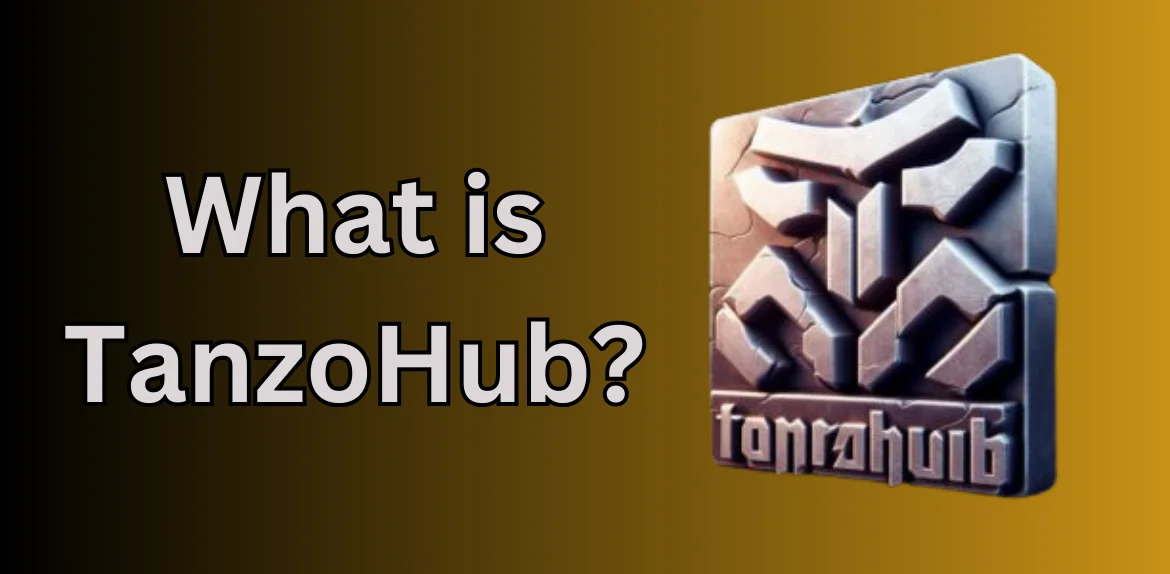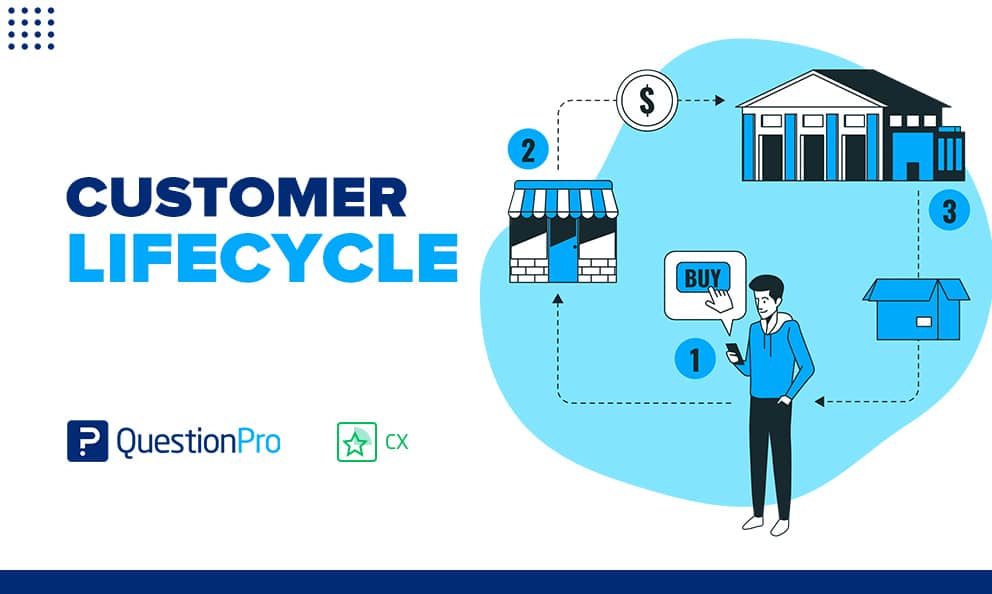In a move that signals a broader retreat from the open web, Microsoft recently announced the shutdown of Xandr Invest, its programmatic advertising division acquired from AT&T in 2022. The decision underscores a growing trend among Big Tech companies—Meta, Google, and now Microsoft—to scale back their investments in open-web advertising in favor of walled gardens and first-party data ecosystems.
This shift raises critical questions about the future of digital advertising, publisher revenues, and the balance of power between tech giants and independent media. As Microsoft pivots toward AI-driven ad solutions and its own owned-and-operated platforms, the open web risks becoming an afterthought in an increasingly closed digital economy.
The Rise and Fall of Xandr Invest
Originally launched by AT&T in 2018 as part of its AppNexus acquisition, Xandr was positioned as a competitor to Google’s ad tech stack, promising a more transparent and privacy-conscious alternative. Microsoft acquired Xandr in 2022 for an undisclosed sum (estimated at 1billion∗∗),aimingtobolsteritsadvertisingbusinessaheadofits∗∗69 billion Activision Blizzard deal and expand its programmatic capabilities.
However, just two years later, Microsoft is winding down Xandr Invest, redirecting focus toward its Retail Media Network and AI-powered ad products. The shutdown aligns with Microsoft’s broader AI-first strategy, leveraging its OpenAI partnership to enhance ad targeting within its own ecosystem (LinkedIn, Xbox, Windows, etc.) rather than competing in the fragmented open-web programmatic space.
Big Tech’s Retreat from the Open Web
Microsoft’s decision reflects a wider industry trend:
1. Meta and Google’s Dominance in Walled Gardens
-
Meta (Facebook, Instagram) and Google (YouTube, Search) have long prioritized their own platforms, capturing the majority of digital ad spend.
-
Meta’s Advantage+ and Google’s Performance Max push advertisers toward automated, closed-loop campaigns, reducing reliance on third-party publishers.
2. The Death of Third-Party Cookies and the Rise of First-Party Data
-
With Google phasing out third-party cookies in Chrome by 2024, advertisers are shifting budgets toward platforms with logged-in user data (Google, Meta, Amazon, Microsoft).
-
The open web, reliant on cookie-based targeting, struggles to compete, leading to declining publisher revenues.
3. Amazon’s Retail Media Boom
-
Amazon’s ads business (now a $50B+ annual revenue stream) thrives on first-party shopping data, further diverting spend from traditional display ads.
4. Microsoft’s AI and Cloud-First Approach
-
Instead of battling Google in open-web programmatic ads, Microsoft is integrating AI (via OpenAI) into Bing, Microsoft Ads, and LinkedIn, creating a more controlled environment.
Why This Matters for Publishers and the Open Web
The shuttering of Xandr Invest is another blow to independent publishers who rely on programmatic demand. As Big Tech consolidates ad spend within their own ecosystems:
-
Publishers face revenue declines: Without robust demand-side platforms (DSPs) competing in the open market, CPMs drop.
-
Fewer alternatives to Google: Xandr was one of the last major independent challengers to Google’s ad tech dominance.
-
AI further centralizes power: Microsoft’s AI-driven ads will likely benefit its own properties, not external publishers.
What’s Next for Digital Advertising?
The future points toward three key shifts:
-
The Rise of Retail and First-Party Data Networks
-
Amazon, Walmart, and Microsoft’s Retail Media Network will grow as advertisers seek deterministic targeting.
-
-
AI-Powered Ad Platforms
-
Microsoft’s OpenAI integration will enable hyper-personalized ads within its ecosystem, leaving open-web publishers behind.
-
-
Publisher Consolidation and Substack-Style Models
-
Independent media may need to adopt subscription models or direct-sold sponsorships as programmatic revenues shrink.
-
Conclusion: A Closed Web Wins, Publishers Lose
Microsoft’s exit from Xandr Invest is more than a business pivot—it’s a symptom of Big Tech’s broader abandonment of the open web. As AI, retail media, and first-party data reshape digital advertising, publishers must adapt or risk obsolescence.
Unless regulators intervene or new challengers emerge, the open web’s ad-supported model may continue to erode, leaving only the largest tech platforms in control. The question now is: Who will fill the void left by Xandr, and can the open web survive without Big Tech’s support?



